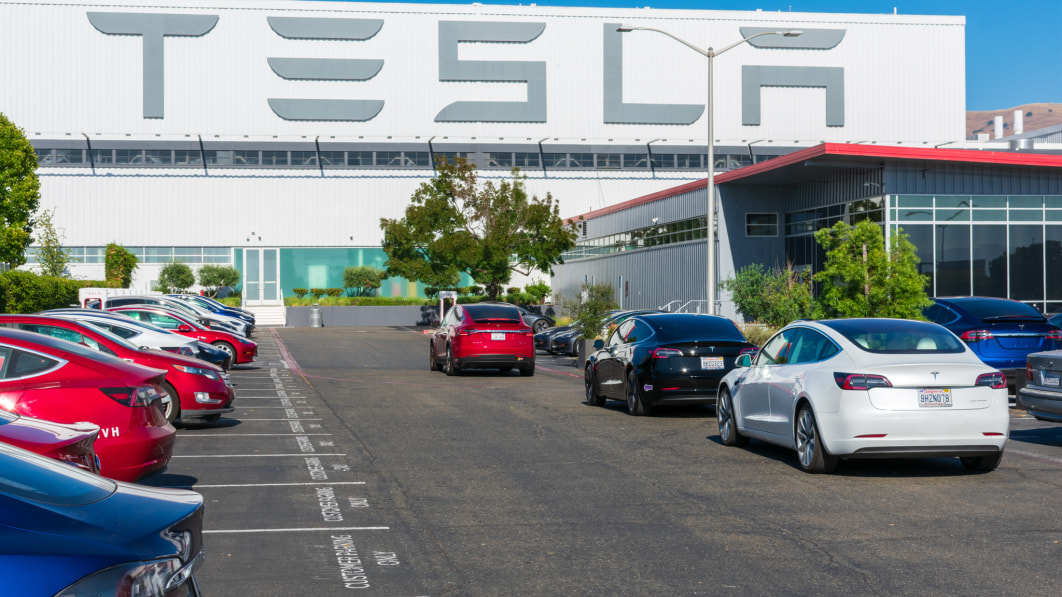Used car prices have been heading in the right direction after months of elevated values and inventory shortages. Even so, the values of some vehicles have declined much faster than others, with EVs doing the heavy lifting. Automotive data outfit iSeeCars’ latest study looked at used car values over the past year, finding that used electric vehicles are dropping at a much faster rate than their gas-powered counterparts.
While used car values have been dropping overall over the past year, used EVs have dropped like a stone in comparison. iSeeCars found that the average for used electric models fell by up to almost 32 percent since 2023, while the used gas vehicle average price sank by just 3.6 percent.



It’s not really surprising. A large portion of an EV’s pricetag is the battery pack, and that’s a wear part. Kind of like buying a used cellphone: if the battery is half spent and it won’t hold a charge for a whole day, it’s not really worth buying at all. Not to mention, even if the car is reasonably recent, you don’t know if the owner let the battery deep-discharge or drove it in super-cold weather and damaged it even more than normal use and aging would. In a regular vehicle, you can assess the condition of the major parts. In an EV, you can’t really tell if the battery is hosed before it’s too late.
In other words, an EV is something you want to buy new, to make sure you know its history, and to get its best years of service out of it.
That may be part of it, but I’d say another big force is more competition in the EV market.
We went from almost no competition to most major auto brands having new offerings.
Further, the general price of an EV has highly fluctuated which does not help. It has inverted a couple of times which will make people hold off buying used when new might be cheaper.
Yeah I agree, battery degradation has very little to do with it. I was about to buy a used EV until Ford dropped mach e prices recently. I ended up getting a new car for less than used listings.
Early last year, Tesla dropped their Model Y pricing by $10,000. Sunk the value of all used Model Ys overnight. I think other EVs have had price cuts as well. This probably had more impact on the used market than anything else.
The people that paid over MSRP for used cars during covid years are bellyaching now that a) prices have returned to pre-covid levels and b) new $7500 rebate (tesla has used up all their rebates under the old program)
deleted by creator
I suppose unless the instrumentation is built into the car’s systems (no idea if it is or not), it may be difficult or time consuming to check the health of an EV battery pack. But it’s not like you can eyeball the cylinder compression of an ICE car, either. I suspect that since they’re a relatively new tech, the tools and tricks aren’t widely known for evaluating them. You would have to measure the voltage drop on the battery vs current draw and have baseline data to compare that to. I would think EVs would track power usage (otherwise how do you know when to charge the vehicle?) and so they should be able to estimate the AH capacity of the battery?